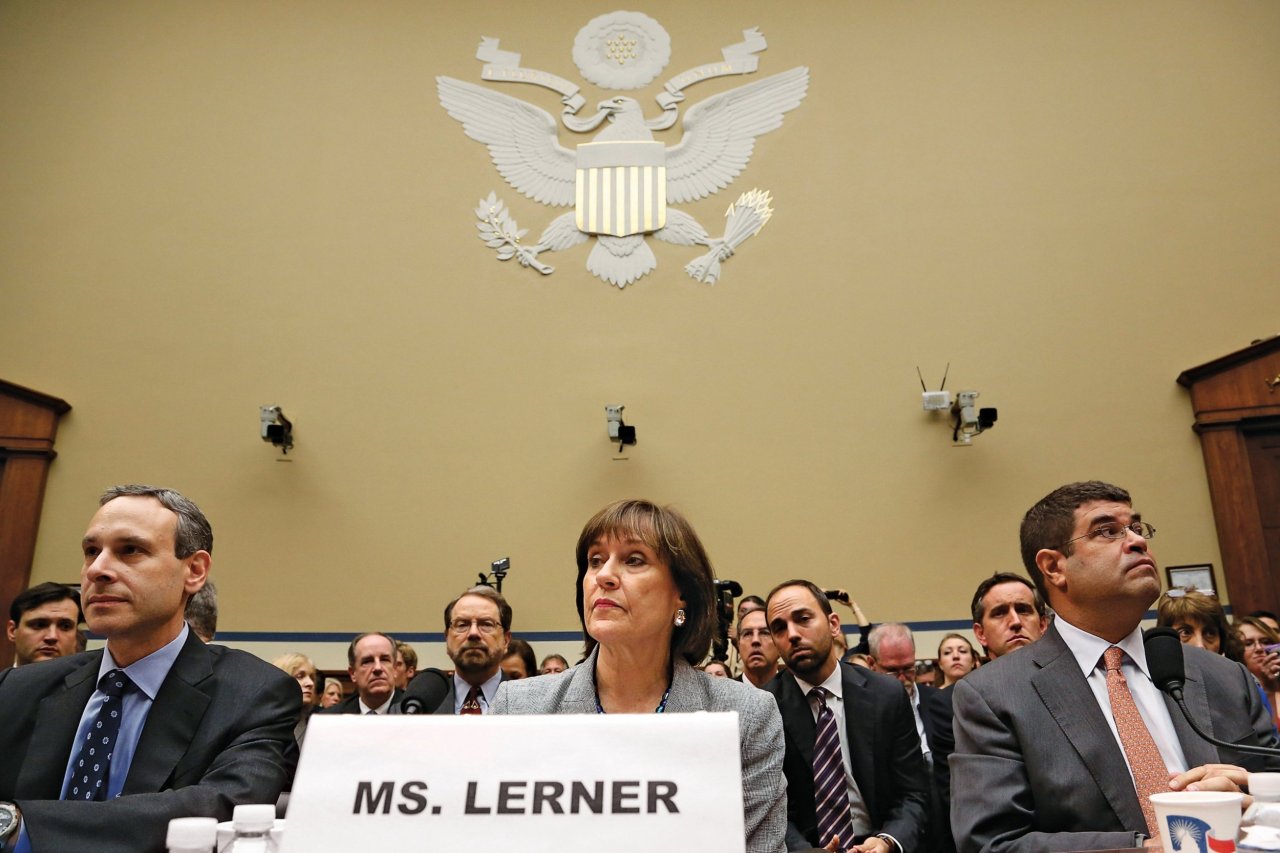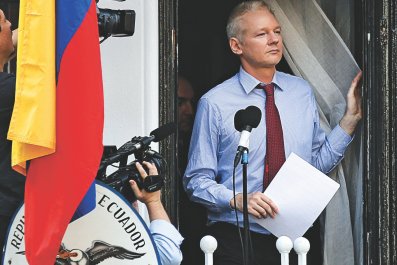IT MAY have dominated headlines for weeks but to many, the Internal Revenue Scandal is complex and confusing—and it is still unraveling.
For those trying to catch up, here's a précis: earlier this month, Lois Lerner, the head of the IRS Exempt Organizations Division, confirmed that conservative organizations had been improperly targeted by the administration in advance of the 2012 election, a revelation that meant the ax for IRS Commissioner Steven Miller, though that didn't prevent a political firestorm.
So far, three congressional committees are investigating, and the Justice Department, in cooperation with the FBI, has launched its own criminal probe.
For months, Tea Party groups had complained that the IRS had been unfairly scrutinizing their applications for tax-exempt status, but Lerner officially confirmed it was true when she answered what turned out to be a planted question about it at an American Bar Association conference in May. (Lerner was later put on administrative leave, after she invoked the Fifth Amendment and declined to answer House committee questions.)
Experts say the best possible outcome would be for the IRS and Congress to take meaningful action by better defining and enforcing the tax-exempt rules for social-welfare groups.
According to Marcus Owens, who preceded Lerner in her job from 1990 to 2000, the so-called Citizens United decision by Supreme Court is really to blame. As he told The Daily Beast, the 2010 decision, which reversed a number of restrictions on political spending, opened the floodgates for applications from nonprofit groups seeking tax-exempt status—a workload that the IRS was unable to handle, especially after a restructuring of the agency's workflow that left it disorganized and riddled with miscommunication.
So what's the takeaway?
Experts say that the best possible outcome of the debacle would be for the IRS and Congress to take meaningful action by better defining and enforcing the tax-exempt rules for social-welfare groups.
"The worst-case scenario, and my biggest fear, is that the IRS will decide to back off this issue entirely, and we'll see more money being sent through these organizations for blatant political use," says Larry Noble, president of the nonprofit Americans for Campaign Reform. (Noble, the former general counsel for the Federal Election Commission, was involved in hiring and promoting Lerner during her tenure there.) "Now is the time for Congress and the IRS to show that that is not what's going to happen."




























